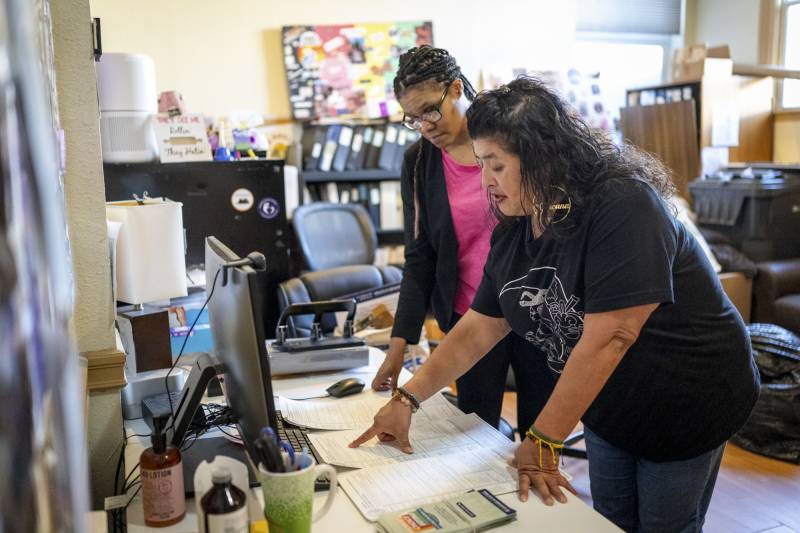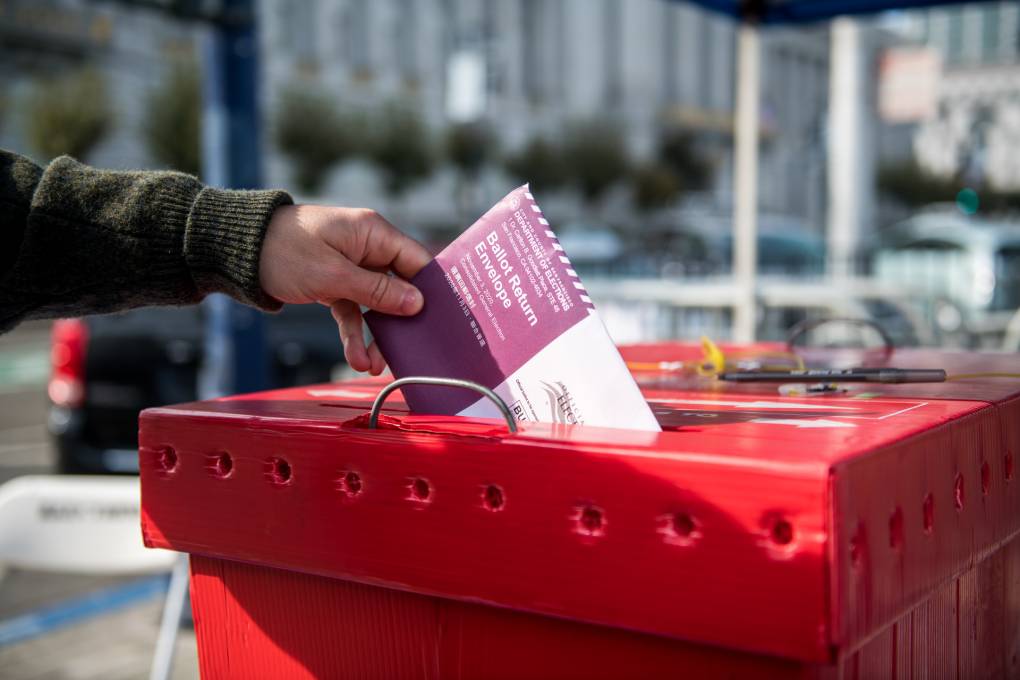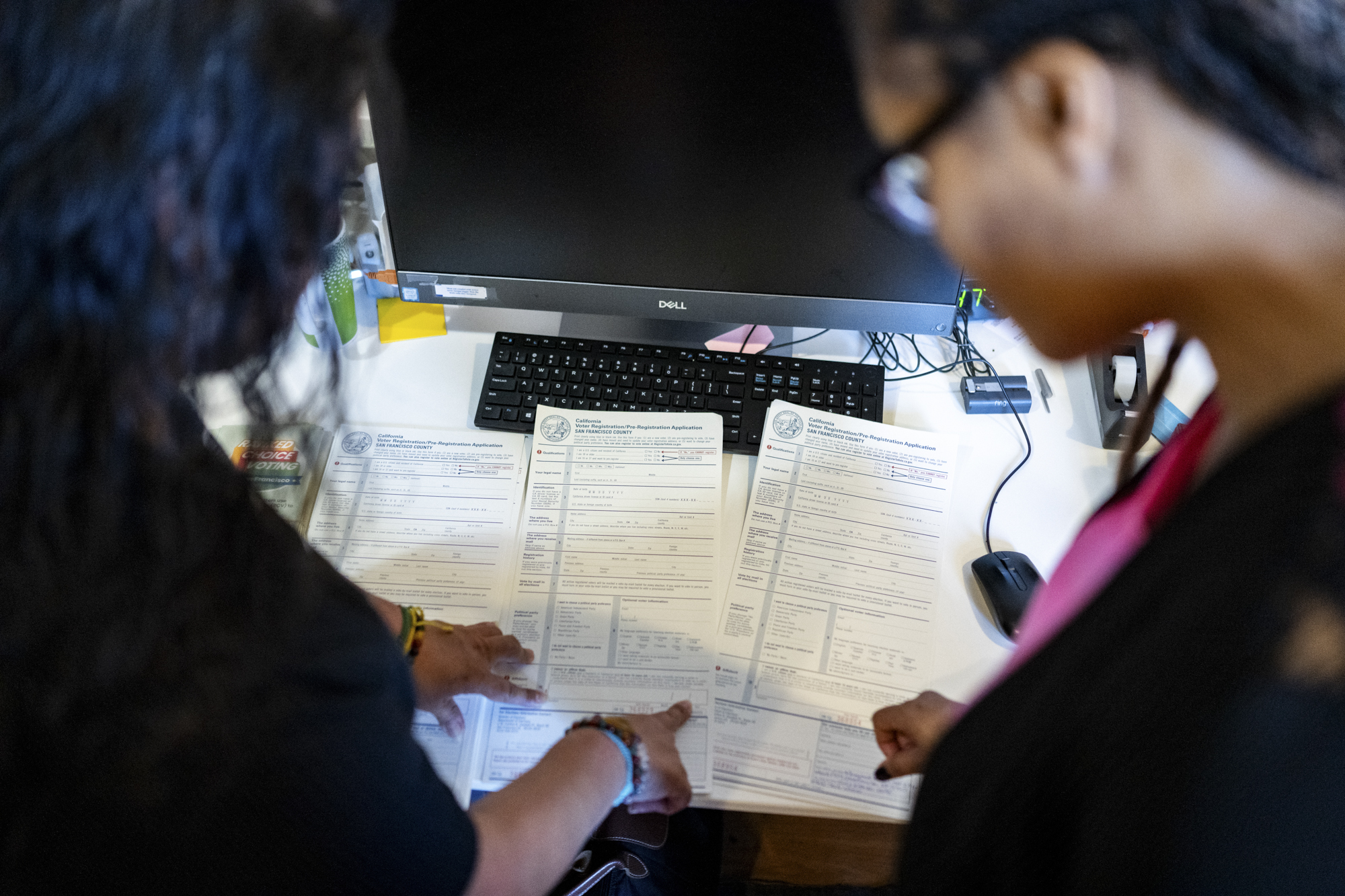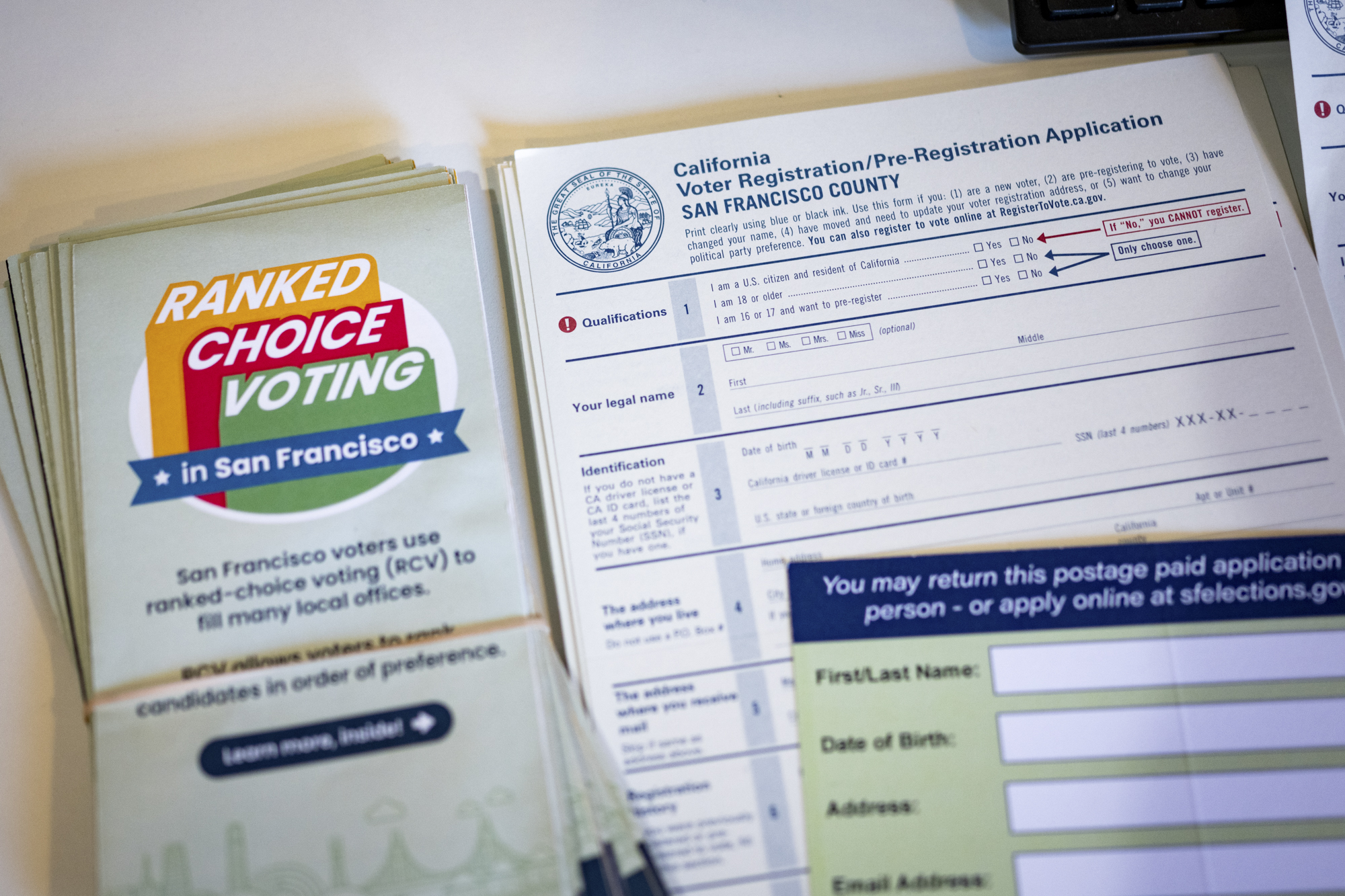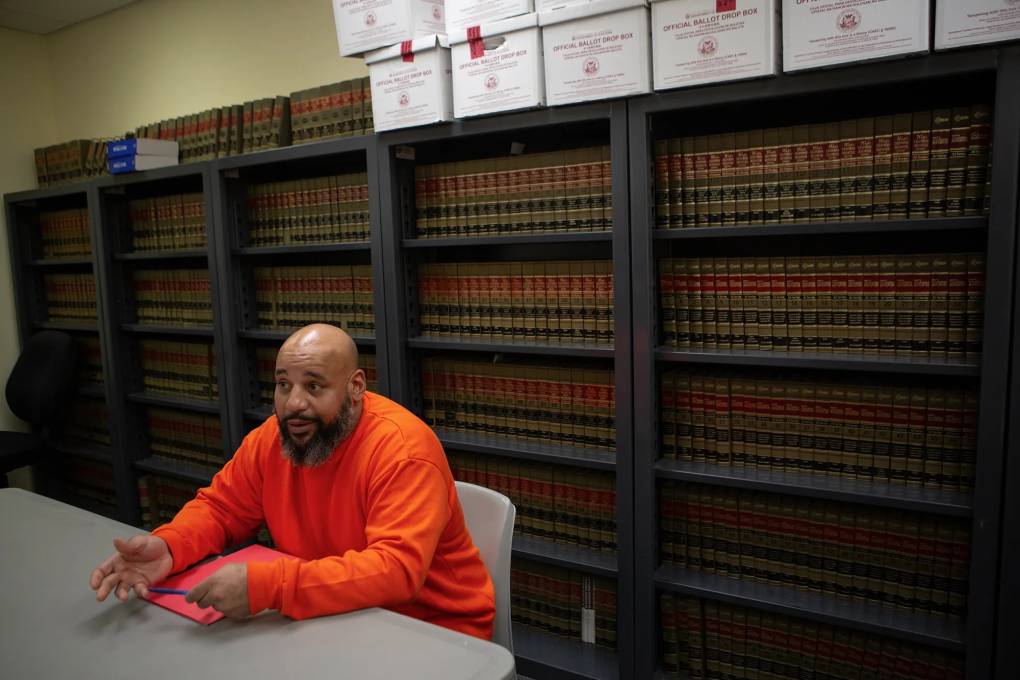When Margaret Wilson was in a California jail in 2022, county officials came in to talk about the midterm election. The women in her housing unit — known as a pod — didn’t want to attend the talk however, telling Wilson that if they couldn’t vote themselves, it wasn’t of relevance.
But for many of them, that was not actually accurate. Since 2016, with some exceptions, Californians like Wilson can vote while they are in jail.
“A lot of the people just didn’t have awareness,” Wilson recalled. Discovering this disconnect prompted her to reach out to family members, asking them to print news articles and resources for her and the people in her pod. “Little by little, they just started to surround me and ask questions,’” she said.
Jump straight to:
- Who can vote if they’re currently or formerly incarcerated?
- How can people previously convicted of a felony vote?
- How can family and friends on the outside assist someone in being able to vote?
The experience left its mark on Wilson after she left jail, and she now works with the Voter Restoration Project, which is run by the San Francisco-based Center on Juvenile and Criminal Justice’s Cameo House. With Cameo House, Wilson attends events for formerly incarcerated individuals, setting up voter registration booths and trying to get the word out about people’s right to vote.

Many of the people she spoke with at a recent reentry conference in the Bay Area were hesitant about the idea of voting, Wilson said — but opened up once they realized she had been “in our shoes” as a person also newly out of the system.
Many advocates are trying to streamline and expand accessibility for people in jail, but the details of voter eligibility for those involved with the justice system can be confusing for many. According to a CalMatters report, many people in the system won’t be given sufficient time to vote.
Keep reading for what people who have interacted with the justice system need to know about voting — and how friends and family members outside can be of assistance.

Can someone vote if they were involved with the justice system?
Short answer: Yes, with some exceptions.
Aurora Jimenez — Cameo House’s program manager who runs the Voter Restoration Project and worked with Wilson at the reentry conference — said she spent a lot of time combatting people’s assumptions about voting.
“A lot of people have the misconception of thinking, ‘I can’t do it because I have a record. I can’t do it because I’m on parole or probation or I was in prison,’” Jimenez said. “‘Can I register [to vote] even if I have a misdemeanor, or even if I was in jail?’” is a particular question she “kept hearing.”
